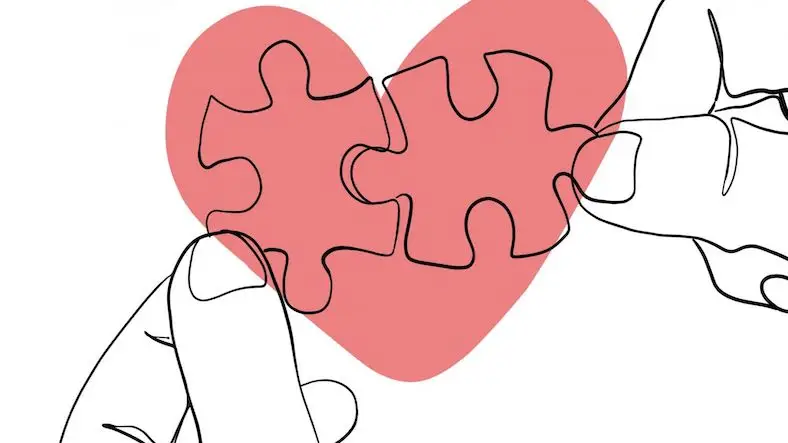While it's important to promote open communication and honesty in a relationship, the term "horrible secrets" suggests highly sensitive or distressing information that may be challenging to share. In certain situations, disclosing such secrets might be necessary for the well-being and trust in the relationship.
Here are ten examples of secrets that may need to be shared:
- Infidelity or betrayals: If you have been unfaithful or engaged in betrayals that may significantly impact the trust in your relationship, it's crucial to have an honest conversation with your partner. Seek a safe and private space to share the information, take responsibility for your actions and express genuine remorse.
- Substance abuse or addiction: If you are struggling with substance abuse or addiction, it's essential to confide in your partner. Share your challenges, express your willingness to seek help and involve them in the process of recovery and support.
- Mental health issues: Sharing your struggles with mental health, such as depression, anxiety, or other disorders, is important for both your well-being and the understanding of your partner. Choose a calm and supportive environment to discuss your experiences, emotions and potential treatment options.
- Significant financial issues: If you are facing serious financial challenges, such as debt or bankruptcy, it's vital to involve your partner in the conversation. Discuss the situation openly, explore potential solutions together and create a plan to overcome the difficulties as a team.
- Significant family secrets: If there are undisclosed family secrets that could potentially affect your partner or your relationship, it may be necessary to share them. Be sensitive to the impact it may have on your partner and allow them the time and space to process the information.
- Serious health concerns: If you've received a diagnosis for a severe or chronic illness, it's important to inform your partner. Share the diagnosis, treatment plan and discuss how you can support each other through this challenging time.
- Previous abusive or harmful behavior: If you have a history of abusive or harmful behavior in past relationships, it is crucial to disclose this to your current partner. Seek therapy or counseling to address and manage these patterns and work together to create a safe and healthy relationship.
- Significant life-changing decisions: If you're contemplating major life decisions that could significantly impact your partner's life, such as moving to a different country, changing careers, or having children, it's important to have open and honest discussions about these choices. Explore your aspirations, concerns and visions for the future together.
- Criminal history: If you have a criminal history that may have consequences for your partner or your shared life, it's essential to disclose this information. Be transparent about your past actions, demonstrate remorse and discuss any steps taken towards personal growth and rehabilitation.
- Identity or sexuality-related issues: If you are grappling with your sexual orientation, gender identity, or any aspect of your personal identity, sharing this with your partner can foster understanding and support. Create a safe and non-judgmental space to discuss your feelings, seek guidance and explore how you can navigate this journey together.
When sharing any of these secrets, it's important to choose an appropriate time and setting, ensuring privacy and uninterrupted communication. Approach the conversation with empathy, honesty and a willingness to listen. Be prepared for your partner's emotional reactions and give them the necessary time and support to process the information. In some cases, seeking the guidance of a professional therapist or counselor can be beneficial to facilitate these conversations and navigate the emotional complexities that may arise.
Thanks for reading the article, for more lifestyle related articles read our peoples blog articles.














